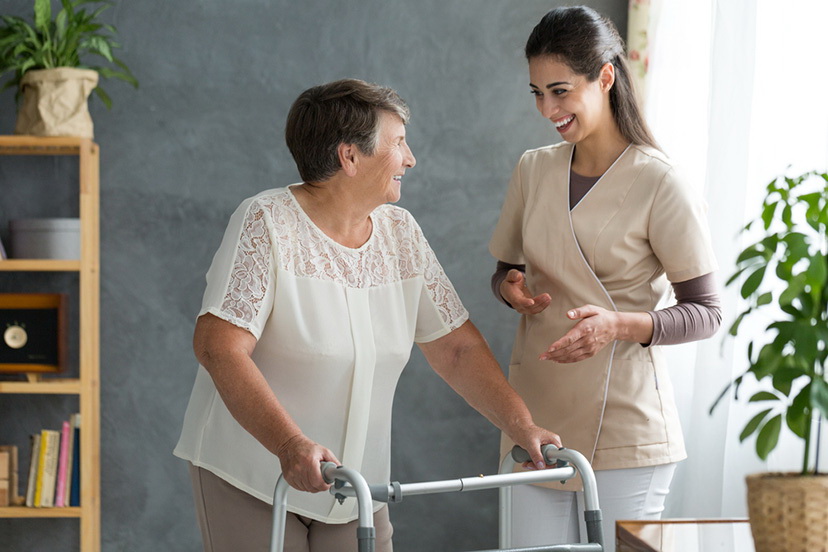Parkinson’s disease is a degenerative disease of the nervous system that statistics show to frequently affect patients aging an average of 60-65 years. Up to 100-150 thousand Thai people are at risk of developing Parkinson’s, and there is an increasing trend of this disease due to rising numbers of elderly patients. Alarmingly, it was found that as many as 8% of patients develop Parkinson’s disease before turning 40 years of age.
Brain Degeneration… is observable.
Parkinson’s disease is caused by the slow degeneration of the brain where there are fewer numbers of the neurotransmitter in the brain known as dopamine, which is important to regulating the body’s movements. As a results, various symptoms can occur, including slowed movements, tremors or rigidity and balance problems. Moreover, it was found that some patients also have family of Parkinson’s disease, since this disease can be genetically transmitted.
Who is at risk of developing Parkinson’s disease?
- Elderly people aging approximately 60-65 years and men are 1.5 times more likely to develop this disease.
- People who have family history of Parkinson’s disease, because this disease can be transmitted genetically.
- People who suffer from prolonged exposures to pesticides or herbicides.
Do you know that tremors are not the only symptom of Parkinson’s disease?
In general, each patient displays differences in symptoms, depending on multiple factors such as patient age, disease progression and complications. Displayed symptoms are divided into 2 main groups as follows:
Motion-related Symptoms
- Tremors – This is the disease’s initial symptom that occurs frequently in the hands and feet. Severe tremors occur especially while remaining still or at rest.
- Rigidity – Muscle rigidity.
- Slowed movements – The patient’s movements are slow and lack vigor.
- Balance problems – The patient has poor balance and can fall easily when walking.
Symptoms Unrelated to Motion
Some patients might experience psychological symptoms such as depression, anxiety and rage, while other patients might experience loss of sense of smell or constipation, dizziness, daytime drowsiness and nighttime insomnia due to abnormalities in the nervous system.
The sooner the treatment is, the greater the chance of recovering good quality of life.
There are many ways to treat Parkinson’s disease, ranging from physical therapy to medication treatment, to surgery to stimulate the brain. The chosen treatment will depend on the patient’s symptoms.
Physical Therapy and Exercise
These can help patients experience correct and proportionate movement while improving the body’s balance for greater flexibility and strength.
Medication Treatment
This treatment can be used to increase dopamine levels or dopamine receptors in the brain to reduce tremors and improve motion control.
Continuous Injection Treatment
In order to reduce problems associated with inconsistent medication responses, medication is continuously released via a pump. Two medications are used in this treatment, namely, Apomorphine and Levodopa-carbidopa intestinal gel.
Surgery
Deep brain stimulation (or DBS) is a surgical treatment method in which an electrical stimulator is implanted in the brain. This approach is chosen in cases where the patient experiences inconsistent medication responses or severe tremors.
In any case, the treatment chosen depends on the discretion of the treating physician. Phyathai 2 Hospital has medical specialists in neurology-Parkinson’s disease and abnormal movement disorders who have studied deeply about Parkinson’s disease and its treatment approaches, including procedures, continuous medication and deep brain stimulation surgery. Therefore, they have the capability to provide consultation to every patient.
Even though Parkinson’s disease is incurable, the more important objective of restoring good living condition to patients such that they can live as normally as possible and to socialize and help themselves, and, above all, to be physically and mentally healthy, is something that we truly cannot neglect.
 @pt2_inter
@pt2_inter
 Phyathai 2 Cambodia
Phyathai 2 Cambodia
 PT2Chinese
PT2Chinese
 phyathai2inter
phyathai2inter
